Interlocking blocks are increasingly being used in construction in various places of the world due to their nature to ease construction. They are usually characterised by a tongue and groove mechanism that has the ability to hold the block in place hence requiring little to no mortar in between the blocks. They basically have protrusions that fit in the depressions on the next block.
They are noted to be notably cheaper due to their ease in installation and the fact that they are easy to produce in most cases. Some variations are very smooth and actually may not require plastering. These advantages can aggregate and make the construction using this choice about 35% cheaper on walls than typical masonry or brick. In cases where one can make the blocks themselves, the cost of construction of walls is drastically reduced.
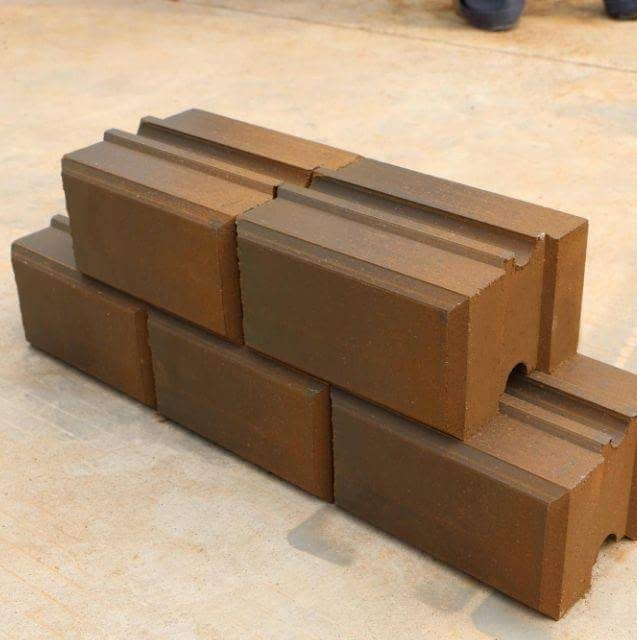
But questions still arise on the use of interlocking blocks. Are they structurally sound? Are they able to regulate sound? Will water seep in between the joints on interlocking structures? With the many types of blocks that exist, what are the best blocks? Are they environmentally friendly and sustainable?
Types of interlocking blocks
There are two main types of interlocking blocks, depending on material. These are concrete blocks and stabilised soil blocks. Concrete blocks come in two types too:
a. Rough finished block – This interlocking block is usually characterised by a rough finish on its surface due to the type of mix that has been used to make it. The advantage is they can be made quickly and therefore end up fetching a lower price. They are suitable for most construction areas but they may require further plastering to ensure smooth surfaces.
b. Smooth interlocking blocks – These are made from stronger concrete and vibrated to get a smooth finish. They are easier to apply paint on but are more expensive than the rough finished block.
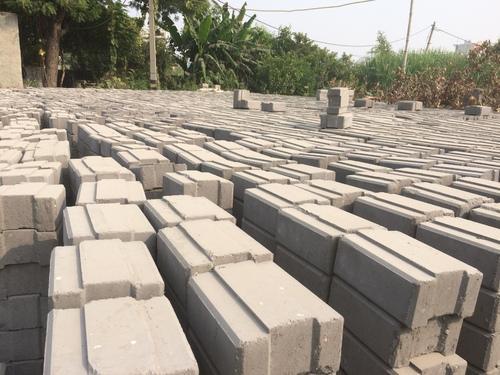
The other common type of blocks are earthen blocks which can be made from pure soil and water then fired, or stabilised with cement or lime and therefore do not need to go to the kiln. Some of these blocks may be hollow to reduce material usage and make the blocks lighter.
Advantages of interlocking blocks
1. The blocks have some bearing strength and can be used successfully to carry the way in a single storey building.
2. They allow for fast construction due to the fact that one does not need to wait for mortar to dry to keep building.
3. Most blocks, especially the hollow ones provide excellent thermal protection and sound insulation
4. They are cheaper than ordinary masonry to construct.
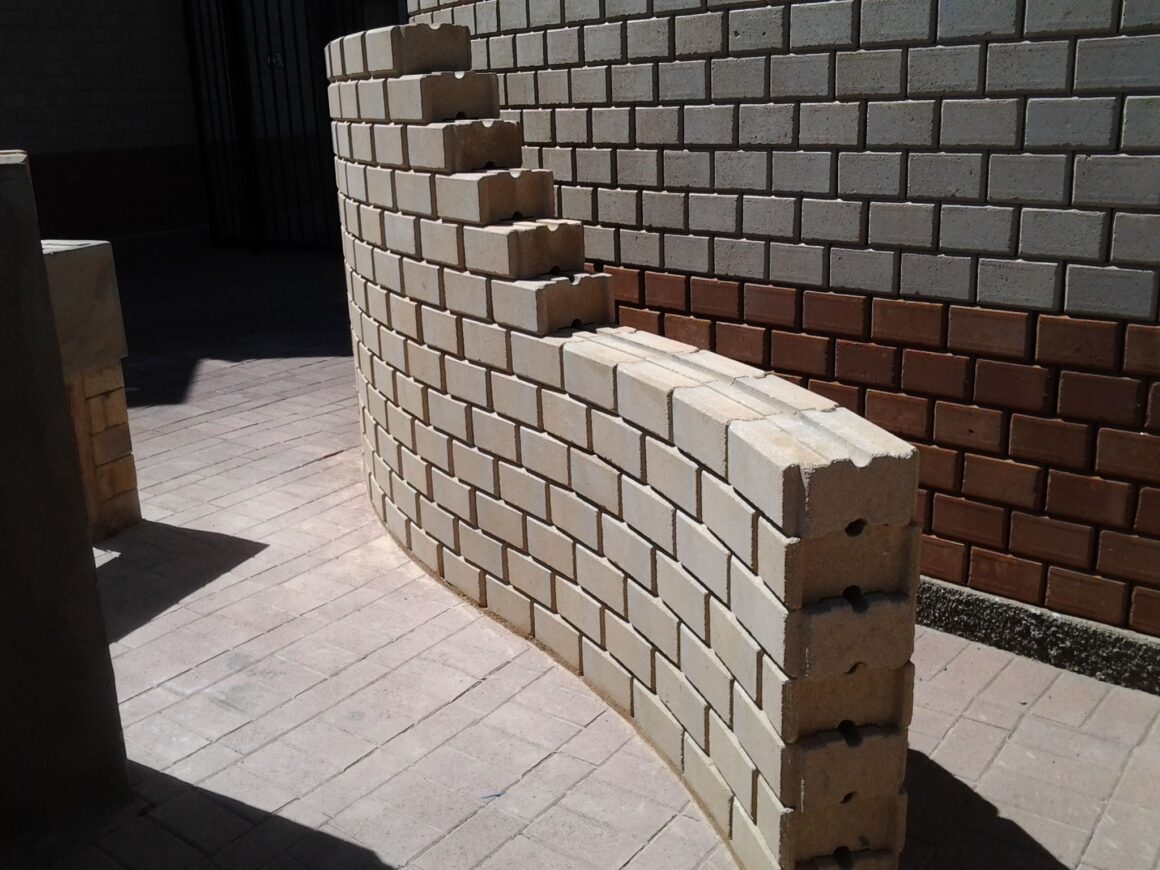
Disadvantages of interlocking blocks
1. They are not safe to use as load bearing wall in highrise structures unless under the instruction of an engineer.
2. If joints are not well protected, they could be subject to seepage of water due to extreme weather conditions. One of the ways to mitigate this is through sealing of the joints when building using a cement water paste, by first dipping the block and then building/locking.
3. If not plastered, they can provide cracks and crevices for insects to hide themselves.
Should you use interlocking blocks?
This is highly dependent on your deliverables for the project. What do you need to achieve? Is cost a constraint? If you are looking to build cheaper and faster and interlocking blocks are easily available in your area, why not? They are especially useful in the construction of small residential homes and as walling for large developments once the columns and beams(frame structure) has been constructed.
Kwangu Kwako Ltd offers interlocking hollow blocks that are dry bedded (don’t use mortar) and therefore save time during construction by ensuring continuous building. To order call Kwangu Kwako at: 0705 868 826. Kwangu Kwako Hollow blocks: https://youtube.com/shorts/t_h5hpJSIWs
To learn more about other alternative types of affordable housing materials, read more about it in affordable housing materials available in Kenya. I hope this has been useful, Build Wisely!






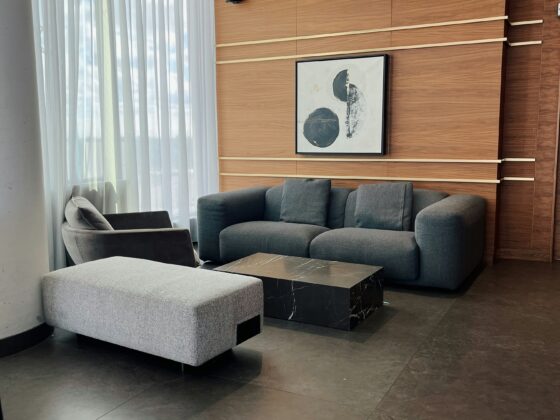
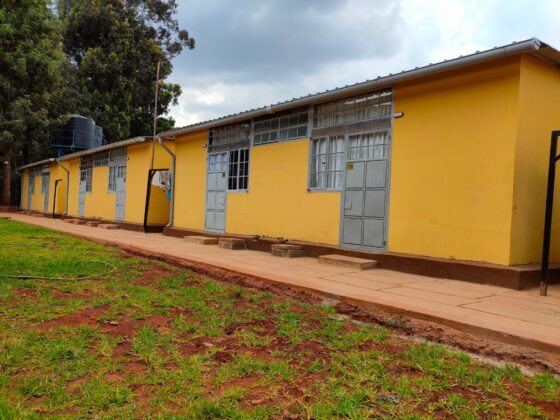
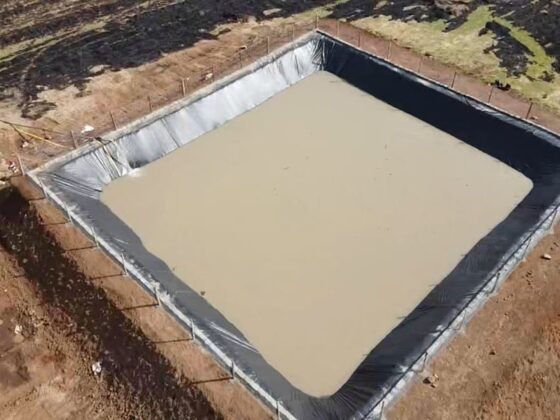
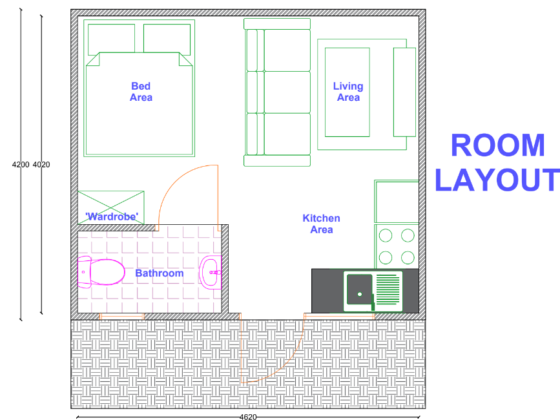
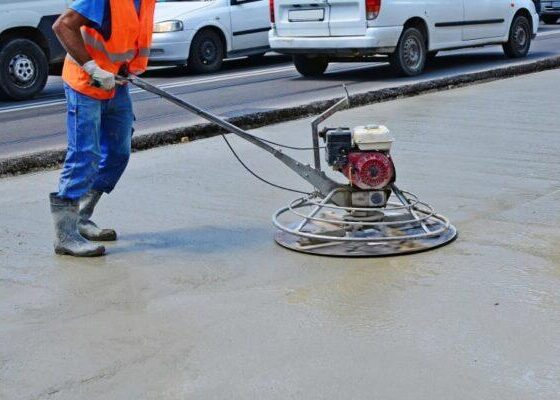
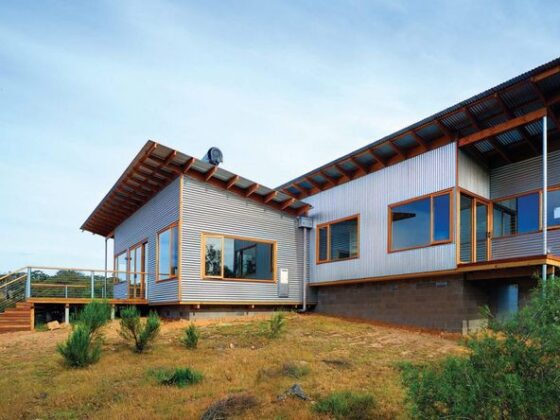
3 comments
mine is a question can I do more than ground floor with this blocks if yes how many floors can it support
It depends on the bearing strength of the blocks. If they are load bearing you can build ground plus one but only after a structural engineer approves it. If you are unsure about the bearing capacity, consider using columns to support the loads.